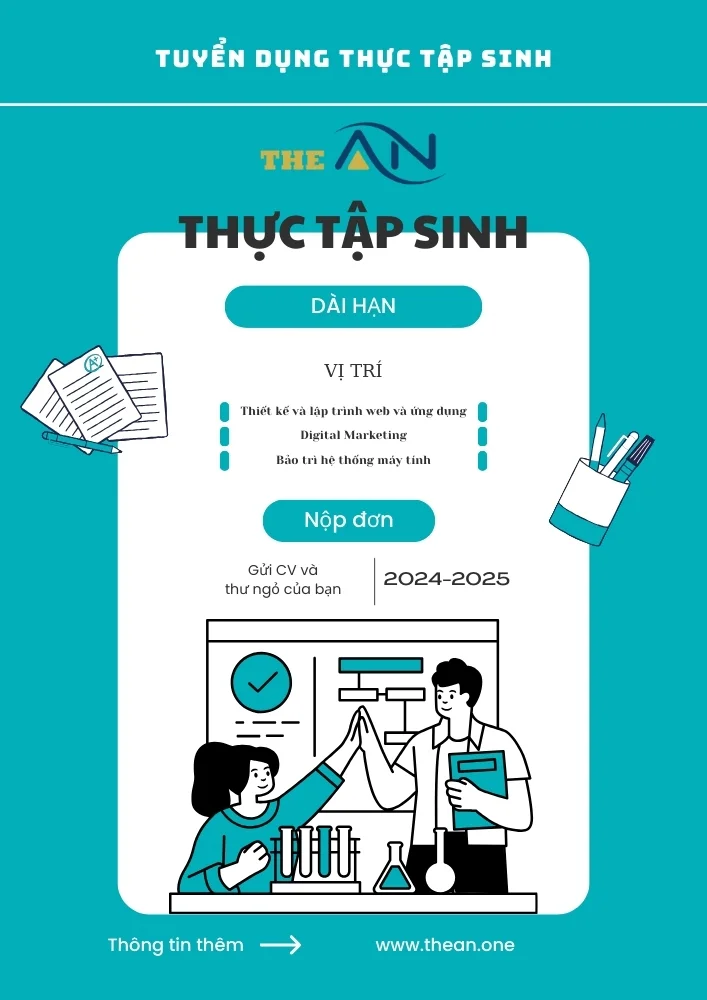Use of Prepositions of Agents or Things in Sentences

Prepositions are the most commonly used words in all basic vocabulary. You see them everywhere and in every circumstance. Sometimes people used Preposition incorrectly, and sometimes even used where they shouldn’t be used. Here, we will learn how to use preposition correctly, let us understand the prepositions of agents or things in this article.
Prepositions of Agents or Things
The Prepositions of Agents or Things are divided into five main categories:
- Agents: Prepositions of Agents describe how a person or entity is actively acting or causing an action or event. Common examples of prepositions of Agents include: by, through, with, from, on, and against.
- Possession: Prepositions of Possession describe ownership or control. Common examples of prepositions of Possession include: of, in, at, and for.
- Responsibility: Prepositions of Responsibility describe who is responsible for an action or event. Common examples of prepositions of Responsibility include: to, by, and for.
- Cause and Effect: Prepositions of Cause and Effect describe how one action causes another. Common examples of Cause and Effect prepositions include: because of, due to, and resulting from.
- Purpose: Prepositions of Purpose describe why an action or event occurs. Common examples of prepositions of Purpose include: for, to, and so that.
Prepositions of Agents or Things are essential to constructing sentences in any language and understanding how each preposition is used to communicate your ideas and thoughts properly.
Examples of Prepositions of Agents or Things
Here are some more examples of prepositional statements of agents or objects:
- The cat crept up the tree, its claws scratching the bark.
- The horse galloped through the meadow, its mane flying in the wind.
- The boat sailed along the river, its sails billowing in the breeze.
- The child skipped through the park, its laughter ringing in the air.
- The hikers trudged up the mountain, their boots crunching on the snow.
Usage of Prepositions of Agents or Things
Of
This preposition is used to indicate belonging or Possession. For example, “This is a picture of my family.”
For
This preposition indicates the Purpose of an action or the recipient of something. For example, “I bought this dress for my daughter.”
By
This preposition is used to indicate the agent or thing that acts. For example, “The painting was created by the artist.”
With
This preposition is used to indicate the thing that is used to act. For example, “He opened the door with his key.”
About
The preposition “about” indicates the agent of an action, such as the person or thing responsible for it. For example, “He wrote about his experience in the army.”
Conclusion – Prepositions of Agents or Things
The prepositions of agents or things are crucial to understanding English and other languages. They provide helpful information about the relationship between the agent or thing and the sentence. Prepositions of agents or items can be used to specify who is acting, who is affected by the action, what the thing is, and how the thing is related to another thing.
Prepositions are also an essential part of understanding the meaning of a sentence. By understanding the prepositions of agents or things, one can accurately interpret and communicate effectively in English or any other language.
Practice Questions on Prepositions of Agents or Things
1. This table is made ……………………. teak wood.
a. with
b. of
c. from
2. I am going …………………….
a. to home
b. for home
c. home
3. He hit me ……………………. a stick.
a. by
b. with
c. Either
4. India has been independent …………………… 1947.
a. for
b. from
c. since
5. He wrote …………………….
a. me
b. to me
c. at me
Answers
1. of
2. home
3. with
4. since
5. to me
Frequently Asked Questions on Prepositions of Agents or Things
The prepositions of agents or things indicate the link between a noun or pronoun and another word in a phrase. Examples of prepositions of agents or things include “by,” “on,” “with,” “in,” “at,” and “for.” They show a connection between people, places, and objects.
Prepositions of agents or things are employed in sentences to indicate the connection between the agent or item and the verb. For example, in the sentence, “The book was written by John,” the preposition “by” indicates the relationship between the verb “written” and the agent “John.” Other prepositions of agents or things include “with,” “from,” “to,” and “for.” Similarly, in the sentence, “The book is about cats,” the preposition “about” indicates the relationship between the verb “is” and the thing “cats.”
Common prepositions of agents or things include by, from, of, to, with, and for.
Quý anh/chị đang tìm kiếm một doanh nghiệp uy tín cung cấp dịch vụ Công Nghệ Thông Tin như Thiết kế và lập trình website, Digital Marketing, hoặc dịch vụ Bảo trì và chăm sóc hệ thống máy tính, ...? Đừng ngần ngại hãy liên hệ với The ÂN qua số điện thoại (+84).326.418.478 để được tư vấn cụ thể, hoặc liên hệ qua mẫu tin.
Các thông tin nổi bật khác:









